Fifty years ago this week, Carly Simon’s self-titled debut album was released and with it she became a star. Here was a beautiful woman with a tawny, low-pitched, sometimes provocatively sharp and textured voice, an elite intellectual and fascinating background (father, a major publisher; mother, a social activist and bohemian), and legs that went on forever. But even more than that, the album’s stand-out hit, “That’s the Way I Always Heard it Should Be,” deeply reflected the movement that young women couldn’t quite turn away from: feminism.
Consciousness-raising groups were in their prime; MS. Magazine was being formulated. In Carly’s traditional-sounding but revolutionarily messaged ballad, she was making the point that she didn’t “want to be put on a shelf or tied down.” She wanted to live for adventure, rather than having her life circumscribed by a man.
Carly’s emergence was the second in a trifecta of significant feminist and musical events that NextTribe writer and board member described in her beloved 2008 bestseller Girls Like Us: Carole King, Joni Mitchell, Carly Simon–And the Journey of a Generation. To celebrate this major anniversary, we’re re-publishing an intimate, frolicsome, and revealing interview that Carly and her daughter Sally Taylor, gave to Sheila in September 2018. Enjoy!
***
I get the call on an early August morning. “Mama and I are cuddling in bed, and we want to talk to you!” the vivacious voice on the line says. It belongs to Sally Taylor, and Mama is Carly Simon. The two are hanging out on a summer weekend in They’re Carly’s rambling elegant house—a farm, really—on Martha’s Vineyard, the one she lived in even well before her 1983 divorce from Sally’s father, James Taylor.
Almost in unison, they declare, “Oh, the life on the farm!” Then Carly sighs and says, “It takes an unbelievable amount of energy to run this place.”
Sally: Every day it’s something. A horse has a hurt shoe.
Carly: Or a goat sticks his face through a fence.
Sally: The goat gets out and eats everything.
Carly: Don’t eat my strawberries!
Get it? Mom and daughter are a team. Sally lives in Cambridge, outside of Boston, with her husband, Dean Bragonier, and their 10-year-old son, Bodhi, but she often camps out with “Mama.” A Vineyard-raised woman of 44—tall and blond and fabulously enthusiastic—she’s prone to deck her hair out in flowers and tiny pigtails. Sally is a lovely visual combination of both her parents and the founder of an original, fascinating, and an enormously helpful arts-and-communication foundation, Consenses, that is, rightly, making Carly proud.
Read More: Judy Collins is Turning 80 and Not Slowing Down
“Mama” is what Sally always calls Carly, the iconic, sexy-at-73 singer-songwriter who put sophistication, literacy, feminism, and alternately teasing and blasting sexuality into the hit songs she wrote and sang. Those songs reflected and shaped every female Boomer’s life from 1971 until, in many ways, today.
Her breakout ballad, “That’s The Way I Always Heard It Should Be,” coincided with the founding of Ms. magazine, the rise of “consciousness-raising” groups, and the birth of second-wave feminism. It was the first song (with a deceptively Sondheim-like melody, given its revolutionary message) that featured a young woman, not a young man, who was shying away from marriage because she didn’t want to forego adventure.
Of the famous song ‘You’re So Vain,’ Carly says, ‘I told you who that was about.’
Carly’s trademark mega-hit—and one of the most infectious songs in rock ‘n’ roll—was the early 70’s blockbuster “You’re So Vain,” in which she playfully taunts a conceited man (“I bet you think this song is about you, don’t you, don’t you?”) as only a newly-confident feminist can. It also made enduring the most lovable of clunky images: “Clouds in my coffee.”
There’s been a 45-year-long guessing game about who “You’re So Vain” is about. Carly says to me, “I told you who it was about” when I was interviewing her for Girls Like Us, my triple biography of her, Carole King, and Joni Mitchell. Yet, oddly, I can’t remember that she did! I went with the several-men-rolled-into-one version suggested by her very close friend, writer Jake Brackman, and I think that’s what she means. Most people think that fabled vain man was Warren Beatty, especially Beatty himself.
There’s also a man in the Mama Carly family—Ben Taylor, a tall, handsome singer-songwriter of 41, who lives with his girlfriend, Sophie Hiller, in a house on Carly’s property. Mama and both son and daughter are very close. “We call ourselves CBS—Carly, Ben, Sally,” Carly says. “There’s no one who can reach my soul like Sally and Ben can.”
The Mother-Daughter Mega-Connection
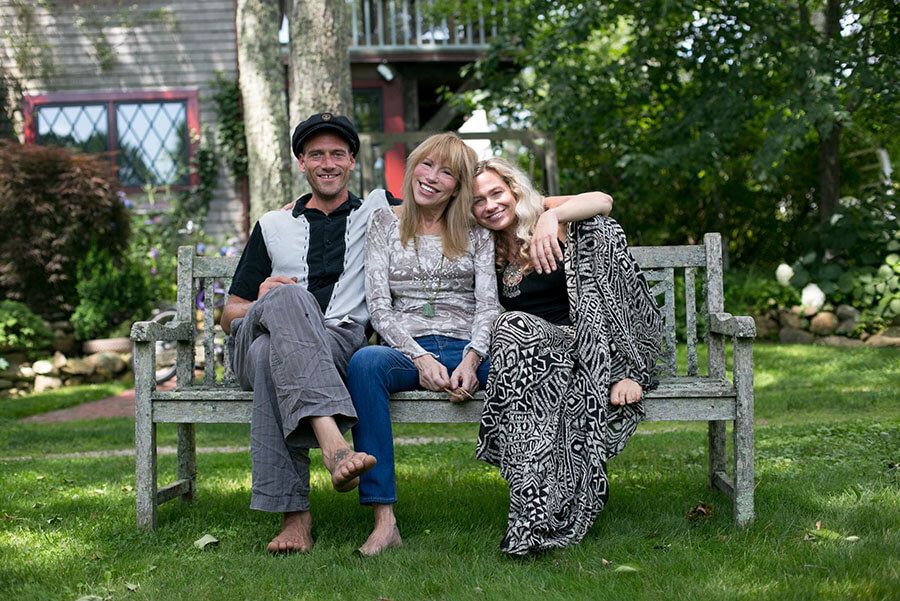
But it’s the mother-daughter bond that I’m here to zero in on. How do a 70-plus-year-old mom and her near-midlife daughter get along? How have they helped each other, and how honest have they dared to be?
Carly wrote three songs that evoke the mystical closeness of women within families: The admiring “Older Sister,” the haunting “Boys In the Trees” (with its line “And the silent understanding passing down / From daughter to daughter”), and “Like a River,” written for her mother. (If you’ve never heard the exquisite and slightly under the radar “Like a River,” please—especially if you’ve lost a mother—do yourself a favor and have a listen.)
Carly has two older sisters, Joanna and Lucy, and their dynamic mother, Andrea—a civil rights activist and an elegant, flirtatious hostess to artistic and literary giants—was very influential in her daughters’ lives. Andrea was also ahead of her times—she helped Carly and her high-school best friends get birth control pills in the early 1960s. Three cheers for this bold feminist mom!
The Simon household was high estrogen, with younger brother, Peter, and a tall, melancholic, piano-prodigy father—Simon & Schuster cofounder Richard Simon, who was often more in the background than the forefront of the boisterous, music-filled home, just outside of Manhattan, where Carly grew up. So it stands to reason that Carly and Sally’s mom-daughter bonding contains a lot of life lessons and camaraderie.
Read More: On the 50th Anniversary of Tapestry, Carole King’s Words and Work Still Resonate
Telling Their True Stories
There’s also candor. Carly is the queen of candor. One of her many hit songs may be “No Secrets,” which warns of the downside of total honesty between lovers, but gut-pure honesty, even when it hurts, is part of Carly’s inspiring integrity. She doesn’t hold back; she tells the truth about herself —and she wants the truth told back to her. When I was starting to research my book, she actually wrote me an email saying, about the people I was going to interview about her: “I expect to have my feelings hurt,” What even non-celebrity says that?!
Her friends made that same point to me about her. “Carly doesn’t bring her defenses forward from one moment to the next. She doesn’t give herself that buffer, that solace,” is how Mia Farrow artfully put it. And her friend from childhood, Jungian therapist and artist Ellen Questel (she and Carly are developing a line of scarves with Carly-painted peonies), said that, according to Jung, “You have two eyes—one says yes to the world, the other says no. You need to see with both of them. Carly sees more with the eye that says yes and that makes her so vulnerable.”
‘So many people over the years have told me…that I was naughty and mentally fucked-up’ for thinking wistfully about a marriage that was over, Carly has said.
Carly is just about finished with a draft of her second memoir. Her first one, the beautifully literate bestseller Boys In The Trees, ended with her divorce from James Taylor. In it, she was bravely honest, even proud, about admitting the abiding importance of a man who had been out of her life (and happily remarried) for over 30 years.
“I’ve stopped trying to stop loving,” she wrote of how that particular relationship was so meaningful to her. “If the rules decree that you are allowed to love only if that love is reciprocated, then whoever made up those rules is cutting an important part of their authenticity away.” Those sentences of Carly’s blew me away. With her plainspoken dignity, she provided relief for the many women pretending that life keeps getting bigger and better—sometimes it does, sometimes it doesn’t, and that, Carly was saying, is okay.
When I talked to her shortly after the book was published, she’d sounded liberated by her non-p.c. honesty. (“Strong” women aren’t supposed to act nostalgic over men long out of their lives.) “So many people over the years have told me that I was obsessed with James, and I felt in chains, trying to escape that feeling … that I was naughty and mentally fucked-up” for thinking wistfully about a marriage that was over, she had said. It was only when she stopped absorbing the largely but not wholly “well-meaning” criticism that those comments “stopped doing me harm.”
Carly, it must be noted, is in the midst of a happy 12-year-long live-in relationship with Richard Koehler, a surgeon. So being wistful about a long-ago love doesn’t forestall enduring happiness with another partner.
And, though the contents of this new book of hers are secret, there’s lots more life left to tell—from some of her best songs (the Oscar-, Golden Globe- and Grammy-winning anthem “Let The River Run,” to name one) to the men (she had a 20-year marriage to James Hart, a poet and memoirist) and the friends (like the late Mike Nichols and Jackie Kennedy Onassis) in her life. But she told me on the phone the other week that she’s recently encountered a bit of a writer’s block now that she’s almost finished writing this second book. “It’s a combination of things”—having trouble making a difficult point or admission, and, especially because of all the work on the farm, “thinking I need more energy than I have right now.”
“Energy? We need some hormones over here!” quips Sally.
In Mama Bear Mode
She’s kidding, of course. No one has been a more energetically nurturing mama than Carly, Sally says. “The way she surrounds me but without claustrophobically holding on to me is really beautiful. She has always been my example for good mothering.”
“When I knew I wanted to make music, she helped allow me to find my own process and my own way [as a singer and performer],” says Sally, who, after graduating from college, organized her own touring band, Moby, for a number of years. Way before that, “when I was struggling in school, she got me tested and found out I was dyslexic,” recalls Sally. “That was a powerful example for me.” Sally’s dyslexia, which she shares with her husband Dean, is one of the prime reasons she founded the child-empowering Consenses (see sidebar).
Carly believes a lot of her advocacy on behalf of Sally (and Ben, who also had learning issues) came from her own mother Andrea’s advocacy for her when she was a child. “I was dyslexic, too!” Carly says. “And I had problems with speech”—major stuttering that deeply affected her childhood. “My mother was watching over me like a mother cardinal. And she knew enough to bring me to a psychiatrist.”
Mom-Daughter Dialogue
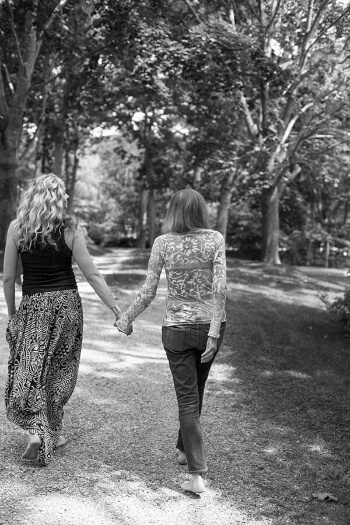
During our phone call we addressed the special bond between these two dynamic women. And, in doing so, much was revealed about the intimacy that mothers and daughters can have and—by way of verses from a yet-unrecorded song that Carly was graciously willing to share, a mother’s guilt about how divorce may affect her child is poignantly elucidated
Sally, your mom is so open. Did you pick that up from her?
SALLY: I think I did pick up her vulnerability and openness. Growing up with her, I didn’t know that privacy was something people were innately privileged to have. I thought everyone told everything about themselves like mom did.
CARLY: But you weren’t nearly as naturally open as I am.
SALLY: Yes, I think I was a little more guarded than you. But I was certainly open about my issues, my own struggles, like the dyslexia. That saying, “You’re only as sick as your secrets,” resonated for me. To be honest allows self-confidence—I learned a lot of that from you.
What was an important lesson you learned from your mother?
SALLY: That it doesn’t necessarily take two people to be in love—that was helpful advice.
CARLY: And I gave her that advice before Boys in the Trees [the book] came out with the same message. I gave it to her from my womb, while I was living it out. That’s how good I am.
SALLY: Mama’s laughing so hard right now!
I wrote a love song for Sally. It’s called “Mother of Pearl.” I haven’t recorded it yet, but here are the some of the lyrics.
But she did give it to you in the womb, so to speak. The woman who wrote “There’s more room in a broken heart” and “I believe in love / what else can I do? / I’m so in love with you” knows the value of vulnerability in terms of intensifying one’s humanity.
CARLY: Back to the issue of openness: I have a loose mouth, and it doesn’t always operate like it should.
SALLY: I have that, too. But I’m also a total vault if you tell me something and tell me not to tell—no one will ever hear that.
CARLY: I would say that about myself, too. That vault is closed—except when the vault is open. [BOTH LAUGH]
SALLY: For example, I have a locked box on the secret of who “You’re So Vain is about.” Pssttt, Mama, They don’t know that it’s Robert Redford—even though that’s so obvious.
CARLY: Sally! Come on, I’ve told you so many times: It’s Danny DeVito! [BOTH LAUGH]
SALLY: Seriously, though. my mom has been the queen of guidance for me ever since I was a young adolescent. She has always been my girlfriend when it came to advice on guys and men and how to handle love. Because she’s written more poetry on the subject than anyone.
Indeed. Carly, your friend Ellen Questel told me something that makes sense: “Carly belongs in another century, the era of grand feelings and penned love letters. She would be perfect in a Tolstoy novel.”
CARLY: And Sally gives me the wisest advice, too. At one point, for example, I told Sally that I was with one man and was thinking of having a fling with another. And what did she think?
That’s a lot of mother-adult daughter intimacy, for you to even have asked that. What did she say?
CARLY: She said: “If you did that, it would be like going from baby aspirin to heroin.”
Wow. I’m reminded again of your saying, “I expect to have my feelings hurt.” You welcome strong advice.
CARLY: That advice meant a lot to me. My closeness to Sally—and to Ben—means so much to me. I can’t imagine that ever changing—it’s written into the genes. I wrote a love song for Sally. It’s called “Mother of Pearl.” I haven’t recorded it yet, but here are the some of the lyrics.
SALLY: I’ll start. My girl, oh my girl. To me you’re my darling mother of pearl.
CARLY: The next lines go:
A child born of Capricorn, stubborn to spare
Hates to say `sorry,’ not sure when to care
But when I’ve been flat on my back you’ve been there
Oh, my daughter, you’re my mother of pearl
I can see you at seven, a child of divorce and we gave you no choice.
It was your job and Ben’s to drown out all the noise
Oh, my girl, my girl, even then you were shining
My mother of pearl.
What a beautiful song! And we want our readers to know it’s copyrighted by C’est Music.
SALLY: I cried and played it over and over and over when I heard the demo.
Read More: 3 Reasons Why Joni Mitchell Matters So Much to Us
And something tells me that you wrote a song for your mother, too.
SALLY: Yes. I wrote a song for my mother called “Give Me Strength,” Right after she was diagnosed with breast cancer in 1997, I went to the harbor and I wrote a song. Some lines from it are:
I can barely lift up my head off the pillow
I can barely breathe through my lips
I can barely see deep across this lonely harbor, where I am home.
….How can I ever find tomorrow buried in this?
Give me strength, give me strength, give me strength
[Here’s the whole song.]
Thanks, Sally and Carly. Mothers and daughters do give each other strength—in supportiveness, humor, and honesty. You’ve proved it.
CARLY: Now if only I can write that one remaining, very difficult part of the new book…
Carly, with your place in the Songwriters Hall of Fame and the Grammy Hall of Fame, I think you will get that difficult part written. Thank you both. You’ve been each other’s “wise woman.” And you’ve proved that nothing—dyslexia, divorce, stuttering, broken hearts, breast cancer, errant goats and horses, or writers’ block—can keep either of you down.
Read More: Ronnie Spector: Rock’s Original Bad Girl and Heroic Survivor
***
Sheila Weller is the author of seven books, most recently the bestseller Girls Like Us: Carole King, Joni Mitchell, Carly Simon—and the Journey of a Generation. She is a writer for Vanity Fair, a longtime senior contributing editor at Glamour, and has written for just about every women’s magazine in existence.
All photos by Matt Cosby.
A version of this article was originally published in Sept. 2018.

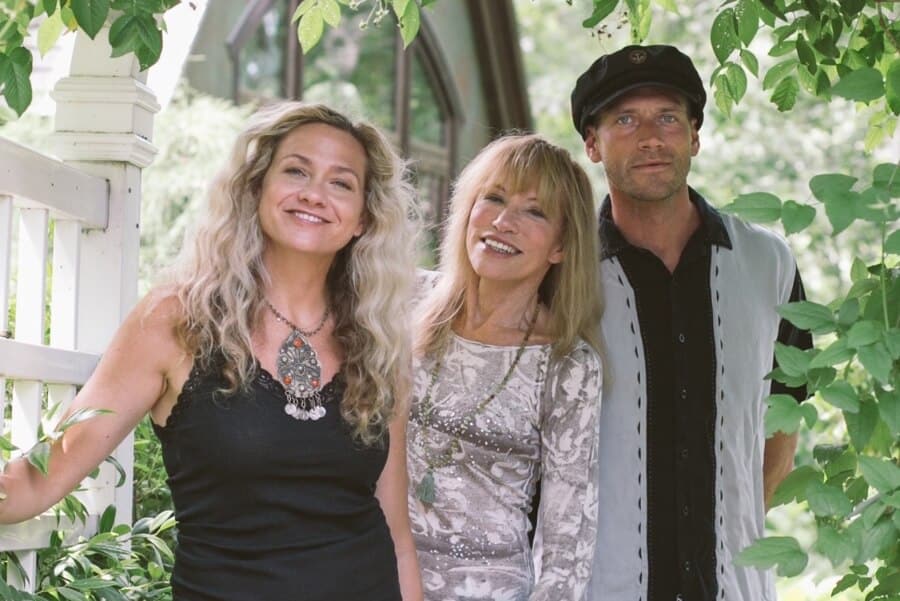
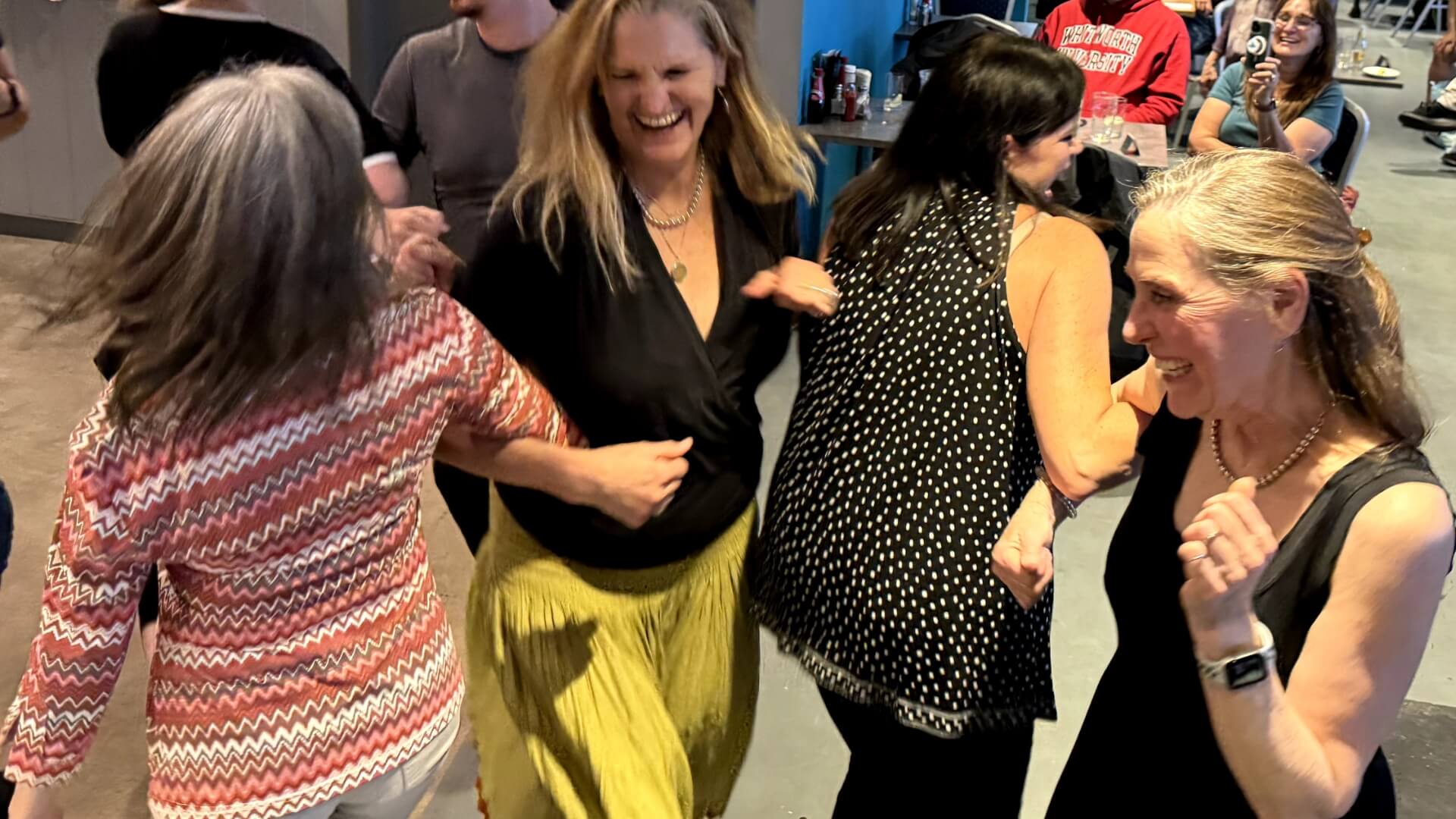
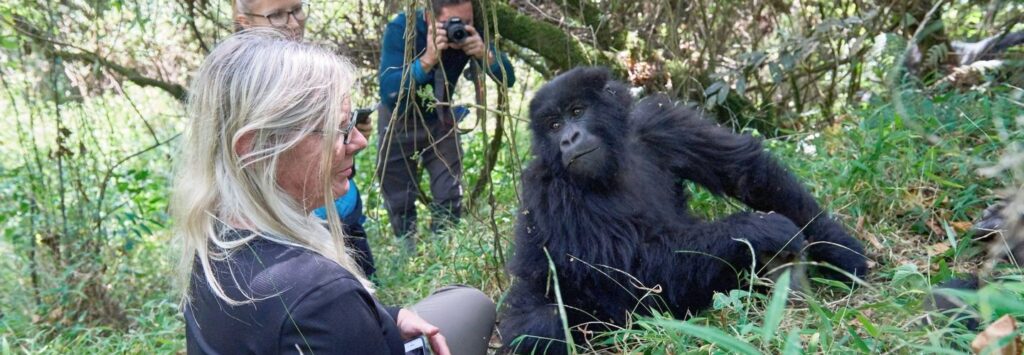




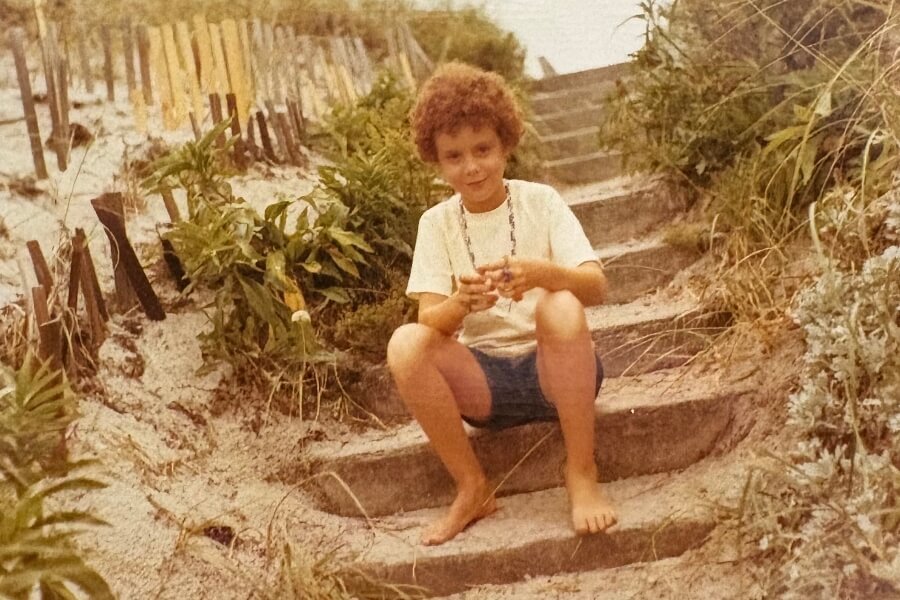

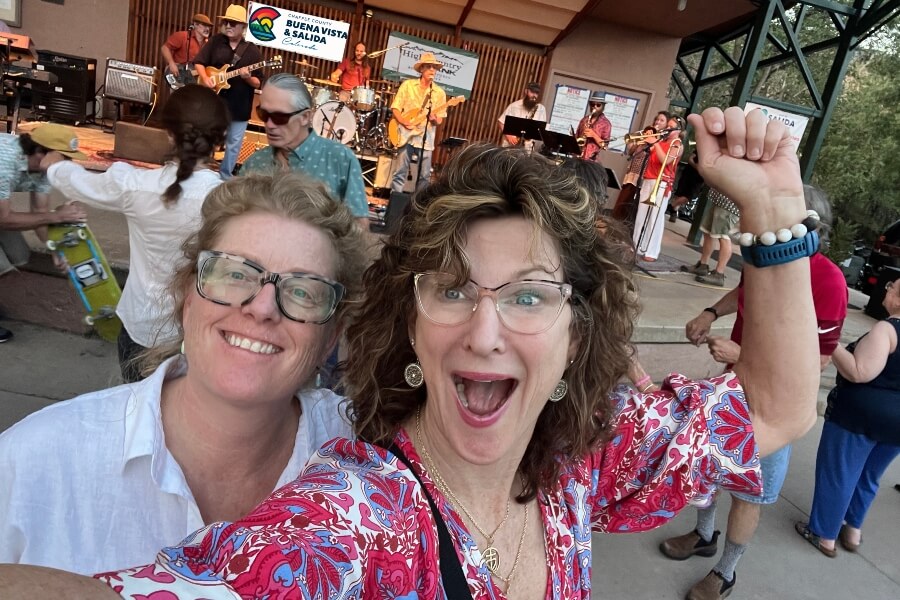







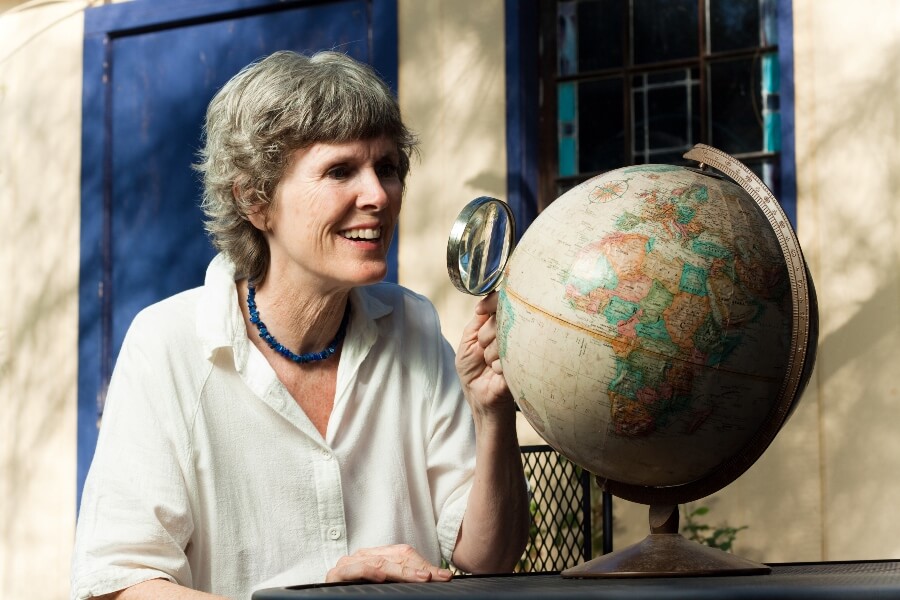
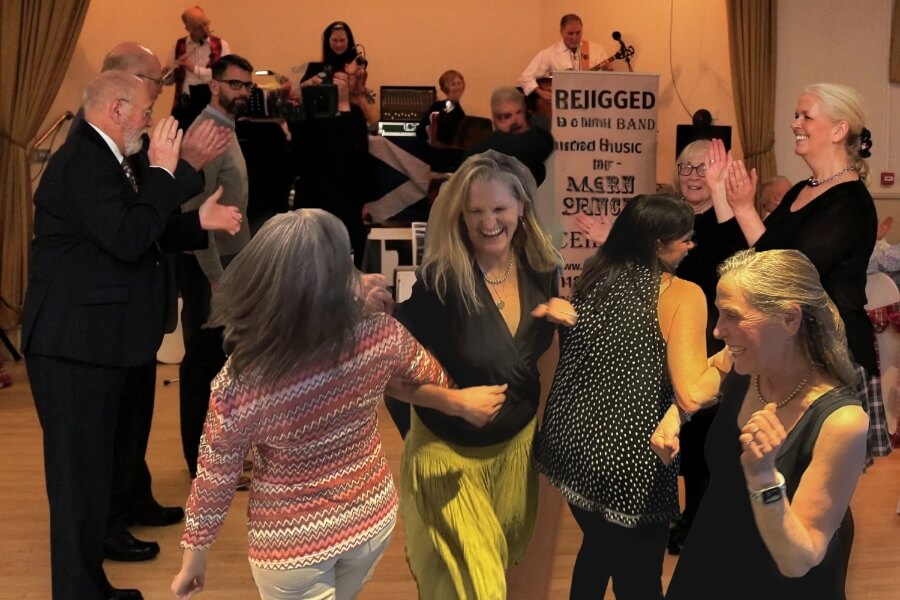



0 Comments